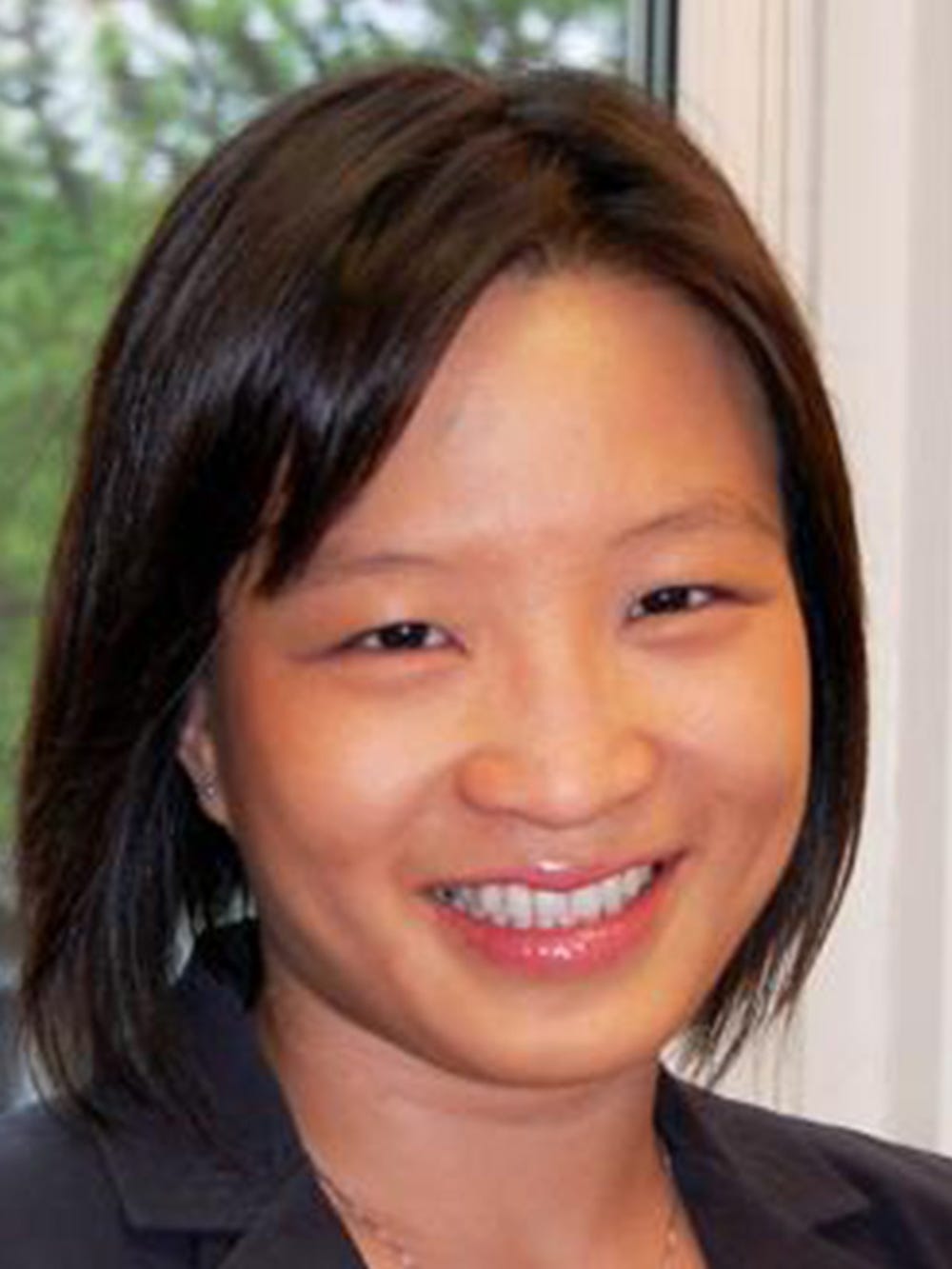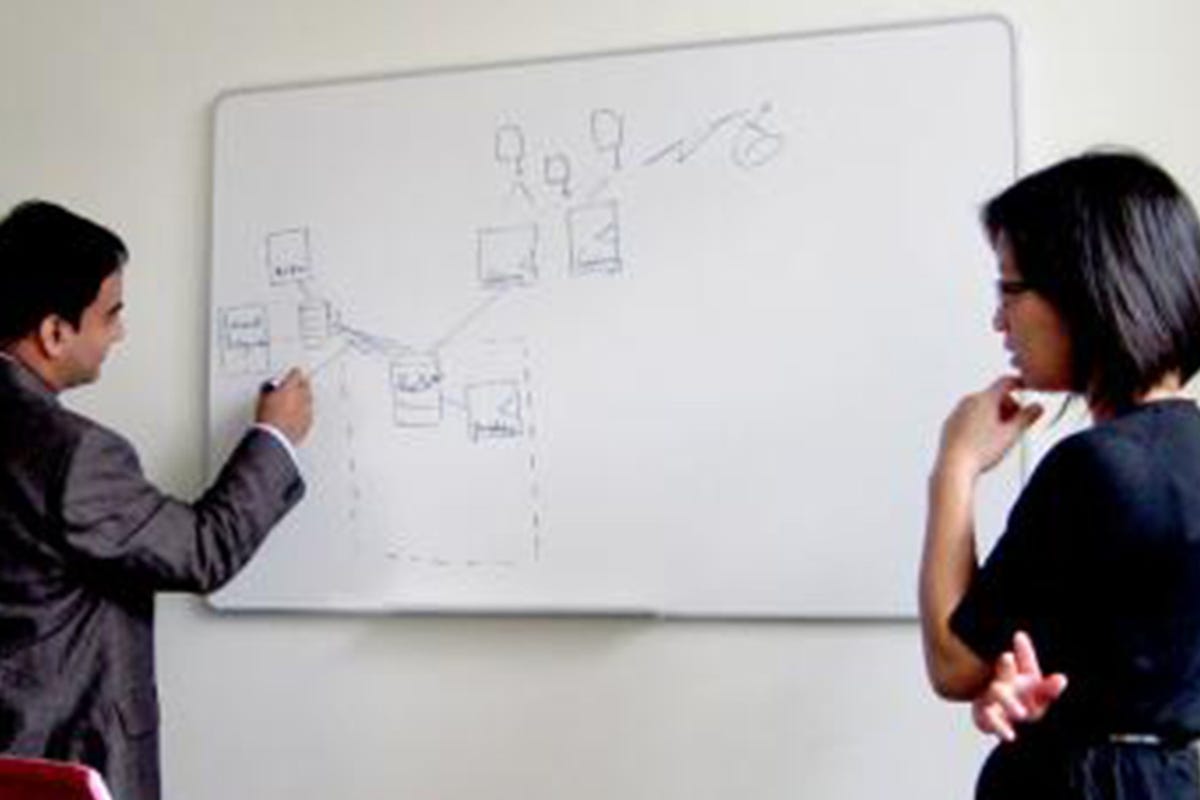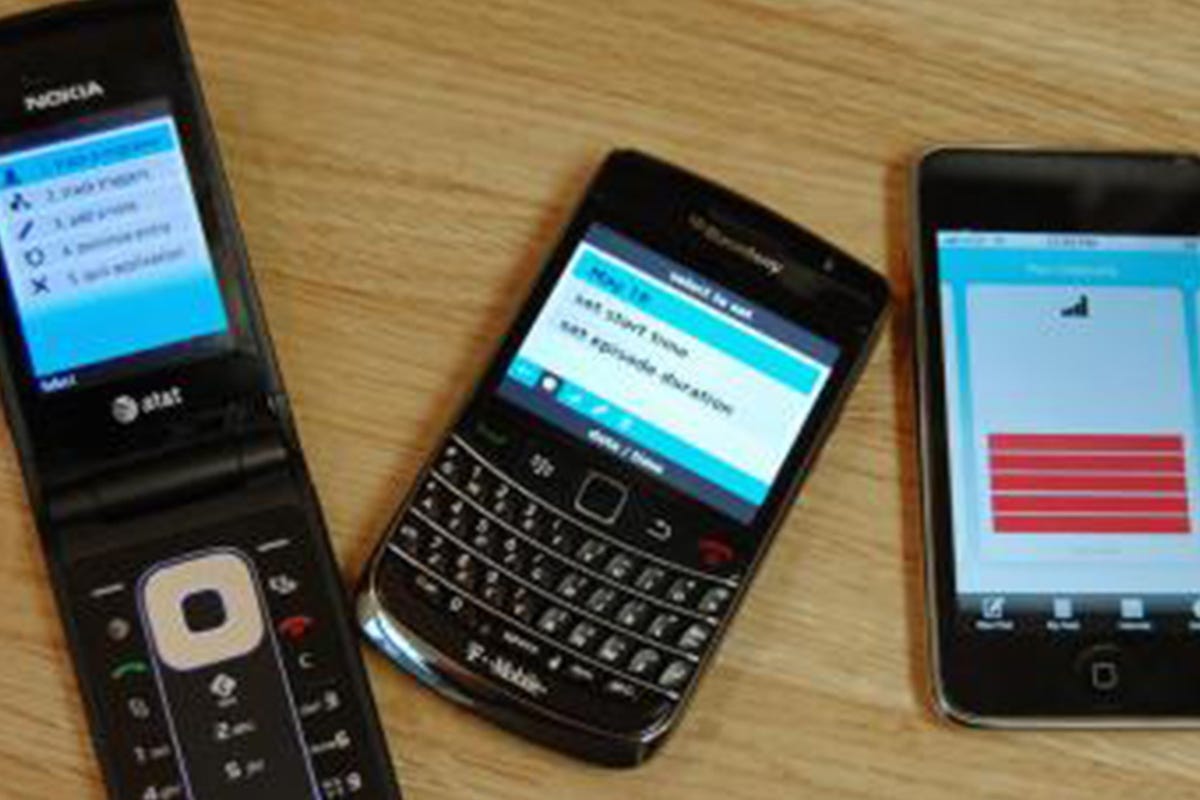Fellow Portrait
Jacqueline Thong
Ubiqi Health

Ubiqi Health is a system that empowers patients with chronic diseases to track their symptoms, manage prescriptions and appointments and build a support network via a user-friendly mobile platform.
North America
UNITED STATES
Fellow
2010
Updated March 2010
Chronic diseases, such as migraine, asthma or diabetes, affect over a billion people around the world, all of whom struggle to understand what triggers their symptoms and how best to treat them. After eleven years spent working in IT, including seven devoted to health IT applications, 33 year-old Jacqueline Thong has developed a way to help them by using the world’s most ubiquitous computing device: the mobile phone.

A healthy sounding board
The impetus to create Ubiqi Health came from her previous job, where she worked on a customised device to collect data from patients taking part in clinical trials. ‘People seemed to feel better about telling a computer how bad they felt, rather than telling their partners!’ she explains. ‘At the end of the trial they wanted to be able to carry on these computerised reports. Doctors too realised they would lose access to real-time information on the effectiveness of treatments and support.’
The idea inspired her to go back to school and take her MBA at INSEAD, where she learned the tools she would need to become an entrepreneur. There she met two of the people who have now joined her on the Ubiqi team. Together they have developed the company’s first application, currently in the trial stage, which focuses on people who suffer from migraines. ‘Having a simple, user-friendly way to report on symptoms helps patients get a handle on the way their illness affects them and the layers of possible triggers that need to be peeled away.’

Powered by Ubiqi Health
Jacqueline was determined for Ubiqi to be accessible on a cross-mobile platform covering all Java-enabled mobile phones, not just smart phones. In the US, over 60 million people are considered Health 2.0 consumers, i.e., using online and mobile technologies to access health information. ‘Patient empowerment is a major trend here,’ Jacqueline reports, ‘but while Ubiqi clearly wants to help people find the best way to manage their chronic disease, the intention is to provide patient-focused tools and support, not to replace doctors.’ The company is also looking to ease the personal, logistical and financial pressure on both parties that comes from missed appointments and poorly remembered symptoms or treatments.
Maintaining privacy and support
Revenue for Ubiqi will come from a small annual subscription for patients, targeted advertising on the web portal and the sale of identity-blinded data. Privacy is a key concern and all data will be encrypted and separated from patient identity. For those who want to share their information and experiences, support discussion groups and forums will be available online.
After working in start-ups in countries as far removed as India and Finland, Jacqueline is thankful to have gleaned experience in both a developing country, where health care is neither easily available nor affordable, and a country at the forefront of mobile technology. It has been a precious asset in fulfilling her long-term goal to set up her own business. ‘You never know what your experience will bring you and you have to take chances. To paraphrase the poet, Robert Frost, it’s the road less travelled that makes the difference, and that is what I want to do: make a difference.’